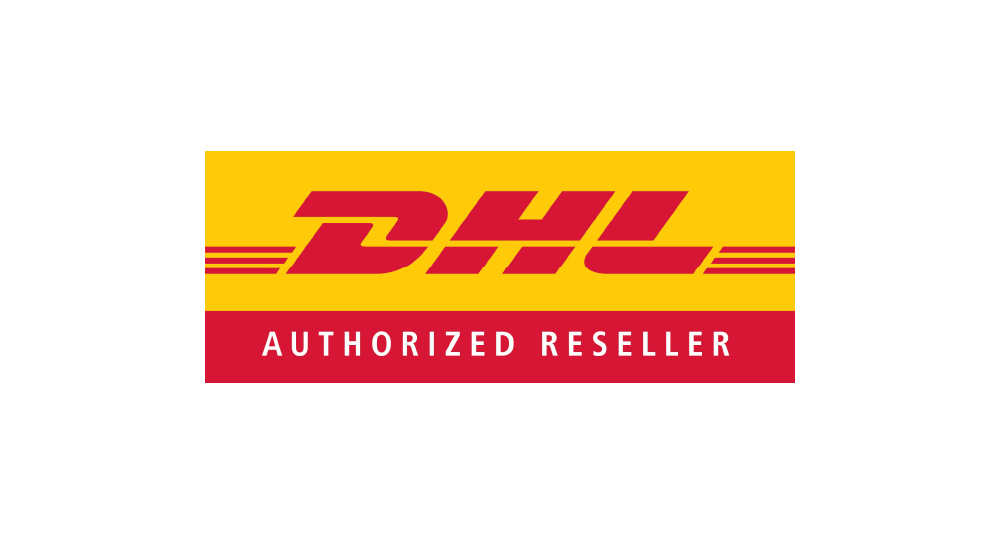Written by Greg Hewitt, DHL Blog
If you have a global e-commerce business that sources low-value parts from other countries, then you should pay attention to the de minimis value threshold. This rule applies to the value of non-originating materials that can be shipped into the U.S. before duties and taxes are assessed. You’ll want to keep a watchful eye on potential changes in the tariffs rule—it might result in a lower threshold.
Even if your organization does not directly import low-value products, a change in the threshold could impact your business. A higher de minimis level establishes a standard for other countries to follow, while simultaneously imposing a commitment from the U.S. to adopt a streamlined process for the cross-border flow of goods. In addition, your international partners and vendors may save time and money with a higher de minimis, which could mean that lower costs are then passed on to your company.
The History
In 2016, the United States raised the de minimis value threshold from $200 to $800, meaning that most goods valued at $800 or less enter the U.S. duty-free. As a result, more low-value shipments qualify for expedited border clearance and are not delayed by formal entry or payment requirements.
When the de minimis threshold is higher, it promotes a positive trade environment, boosts global e-commerce, and is a boon for U.S. consumers who buy low-value items from foreign e-commerce businesses. It also encourages other countries to raise their de minimis thresholds, so you can export low-value U.S. goods to your international customers more efficiently and at a lower cost.
To date, this higher threshold has been an undeniable success for U.S. consumers and for companies that rely on low-value imports. It has even resulted in an increase in express goods shipped into the U.S. According to Customs and Border Protection (CBP), e-commerce was driving up express consignment billings even before the de minimis change. However, in the last five years, there has been a nearly 50% increase in international packages, as well as a 300% increase in international mail. In fiscal 2013, the agency processed 150 million international mail shipments, and by fiscal 2017, that number was topping 500 million shipments.
The USMCA and the Current Challenge to De Minimis
In October 2018, trade representatives from the U.S., Mexico, and Canada reached a renegotiated NAFTA deal called the U.S.-Mexico-Canada Agreement (USMCA). The agreement, which has been ratified by Mexico, is still awaiting approval by lawmakers in the U.S. and Canada.
A footnote in the USMCA text indicates that each of the three countries will be able to apply “reciprocal” de minimis levels once the agreement is in force. While the U.S. de minimis is $800, Mexico recently raised its level to $100, while Canada’s threshold is approximately $117 USD.
The ideal situation would be for Mexico and Canada to increase their de minimis levels to match the higher threshold set by the U.S. However, because our bordering trade partners do not have the same economic strength and structure, any increase will take time. But, Mexico and Canada are unlikely to match the de minimis level if the U.S. wavers on the threshold.
Maintaining a de minimis of $800 is crucial for the continuation of strong global trade and a thriving e-commerce market. If more nations review the data and understand the positive impact of a higher de minimis threshold on imports and cross-border trade, the more likely they are to follow suit.
What Your Company Can Do
Be mindful that lowering the de minimis on shipments from Canada and Mexico could have a direct, or even an indirect impact on your business. For example, a higher threshold may necessitate the need for your business to start using a broker, which will result in higher shipping and administration costs.
As a global e-retailer exporting lower value goods to consumers worldwide, it is to your advantage that other countries raise their de minimis thresholds– a likelihood that will only happen if the U.S. continues to take a leadership role. Therefore, it is important to closely follow the debate on the ratification of the USMCA. Choose to be an influencer and let your partners, stakeholders, and business colleagues know the importance of this issue.
How has your company benefited from the higher De Minimis threshold? Let us know on Twitter @DHLUS.




